Last Updated on September 11, 2022

PLOT: The women of an isolated Mennonite community learn that a group of men from within the colony have been drugging and raping them for years, passing the attacks off as the work of Satan. With the men on the verge of returning to the community, the women have been asked to forgive the rapists. Left with no alternative, the women must decide what to do.
REVIEW: Women Talking is among the most unsettling films we’ll likely see this year. Based on the acclaimed novel by Miriam Toews, who grew up in a Mennonite community in Manitoba, the film is upsetting because it feels so honest. While the book was loosely based on an event that happened at a colony in Bolivia, given the isolated natures of the communities, it could be happening right now for all we know. Sarah Polley‘s film is set in 2010, something that takes a while to be evident as, given the lack of technology, it might just as well take place in 1910. We only know it’s contemporary because, at one point, a census taker shows up in the community, blasting “Daydream Believer” by The Monkees, saying he’s taking the “2010 Census”.
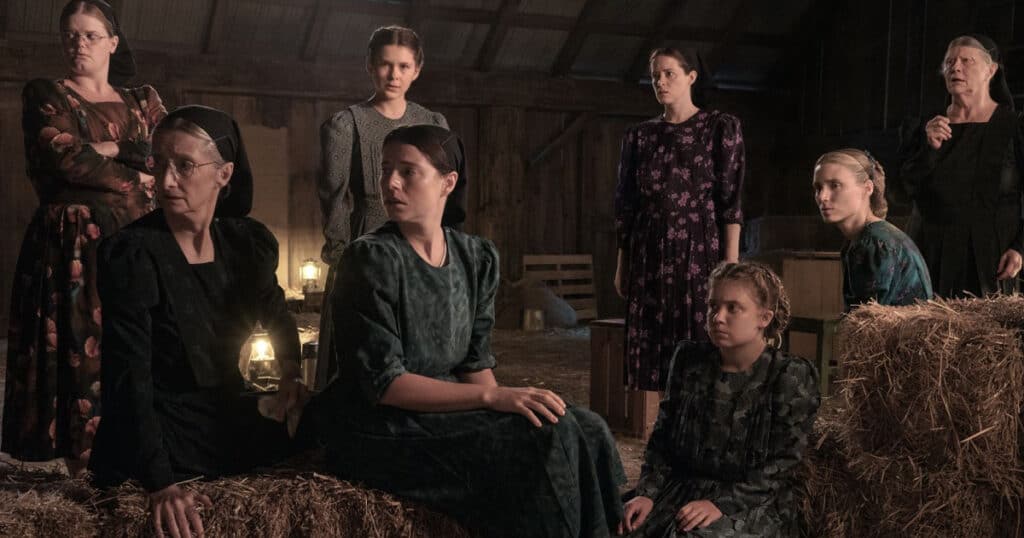
The story is almost unbearably sad, with these women having three pretty impossible options to choose from. Either they accept the status quo, thereby subjecting themselves to inevitable future rapes, stay and fight (easier said than done, when not even all the women are on each other’s side), or leave the community, which, for many of them, means leaving their husbands behind and being forced to fend for themselves in a world they’re wholly unprepared for. All of them are illiterate (the book goes even further, with them all speaking a dialect that only exists in Mennonite communities). They know nothing of the world outside their community.
As the title suggests, most of the film is centered around a debate between the women about their options – or lack thereof. Frances McDormand is one of the producers and plays a small role as a physically scared elder who thinks they all need to stay and accept their lot in life, saying, “we have everything here we want” (when someone tells her that’s not true, she snaps back “want less”). Others are more enlightened. The film centers around Rooney Mara’s Ona, the community’s dreamer. She’s pregnant with one of the rapists’ children and fears that if they stay, the child will be taken from her and given to the rapist’s family to raise. She’s loved by the film’s lone male character, August, played by Ben Whishaw. Formerly ex-communicated, he’s returned to the community as a teacher, and he’s the man they all trust to take the meeting’s minutes to preserve for future generations. A compassionate man, Whishaw plays him as brokenhearted, both over his unrequited love for Ona and his empathy for the women, who he knows has next to no good options waiting for them.
The performances are tremendous here, with three standouts: Jessie Buckley, Claire Foy and Sheila McCarthy. Jessie Buckley is the hot-tempered Mariche, who constantly lashes out at the other women, but only vents because she’s the frequent target of physical abuse by her monstrous husband, Klaus. Sheila McCarthy is her gentle mother, who feels guilt over the fact that as someone who silently withstood abuse herself (to the point that she has to wear dentures to replace the teeth that have been knocked out), she never showed her daughter there were options other than taking it. Claire Foy is powerful as Salome; the most independent of the women, who tried to kill one of the attackers after learning her child was among the rape victims. She has a powerful monologue about her willingness to be turned into a murderer if they stay, saying that she would rather burn in hell than allow anyone to harm her daughter. Foy shows a fire here that she’s never really gotten the chance to demonstrate on-screen, and I can see her generating Oscar buzz for her performance here.
Really though, everyone is exceptional here, including the great Judith Ivey as Ona’s mother and the lesser-known actresses playing the other women. There’s not a weak link to be found, and if the movie has a hurdle to face in terms of awards, everyone is so damn good it’s hard to single anyone out. Polley, who’s quickly becoming one of English Canada’s most prominent directors, has made an empathetic film – even evoking pity for the perpetrators, who the film notes are only what their community has allowed them to become. I felt myself simmering with rage throughout most of the film, fantasizing about how I’d like to rip the rapists to shreds. Still, I suppose that’s a macho response that says something, too, as all I could think about throughout was violence rather than empathy. A movie rarely makes you so self-reflexive in your response to it, making a case for this being perhaps one of the most thought-provoking films of recent times.
It’s noteworthy that Polley has gone to great lengths to make the film cinematic. The way I’m describing it probably makes it sound almost stage-bound. Still, she shoots the movie in scope with beautiful cinematography by Luc Montpellier and a score by Joker‘s Hildur Guðnadóttir. There was probably an austere, 1:33:1/ A24 way this movie could have been made, but Polley takes the opposite approach, and it’s refreshing. As crazy as it seems, the film also has some humorous bits and a few uplifting scenes of community that ultimately leave things on a hopeful note. At times Women Talking is a hard movie to watch, but it’s a pretty great one, all things considered. Great art isn’t always easy.


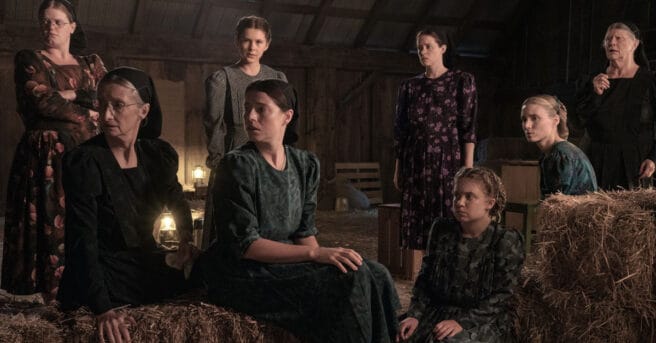





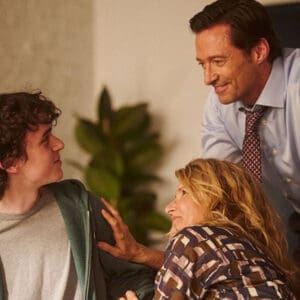
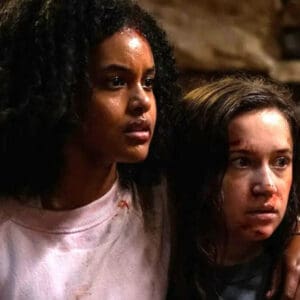

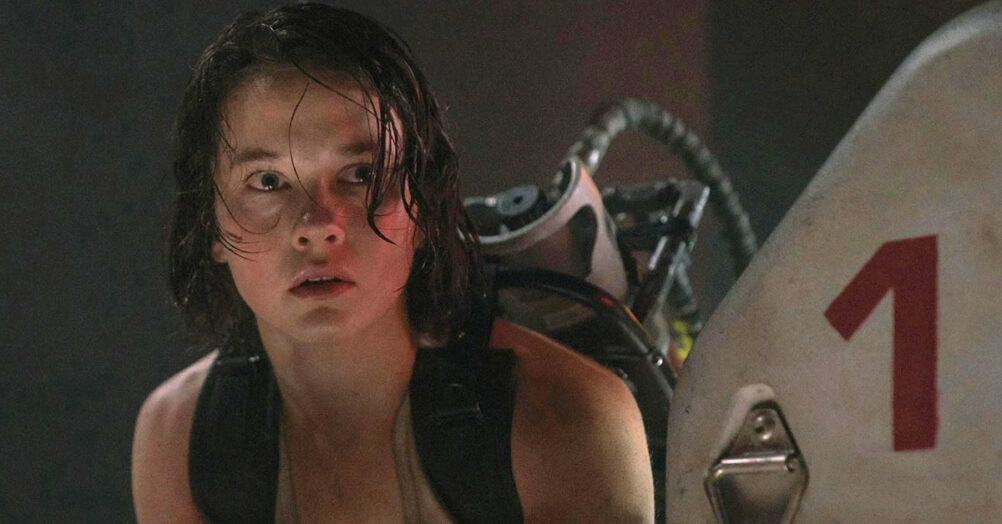


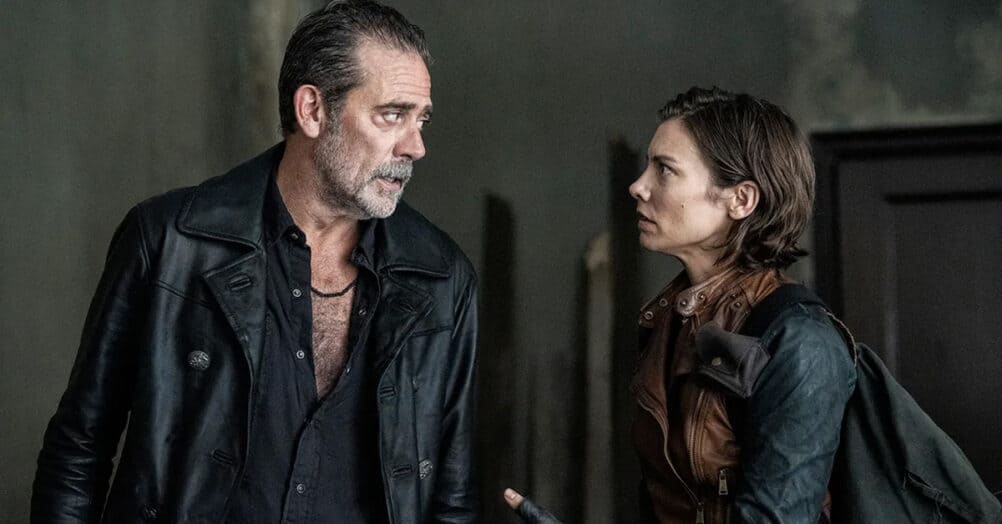
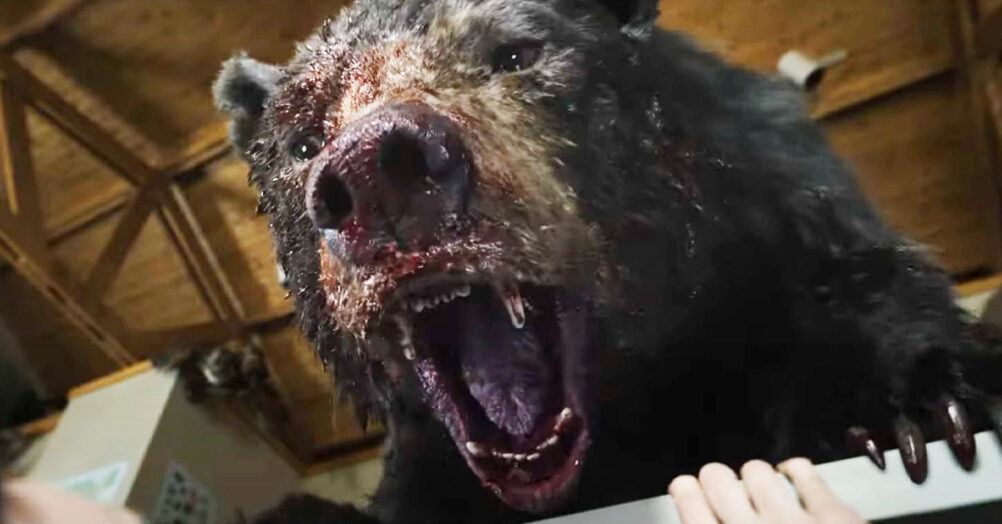


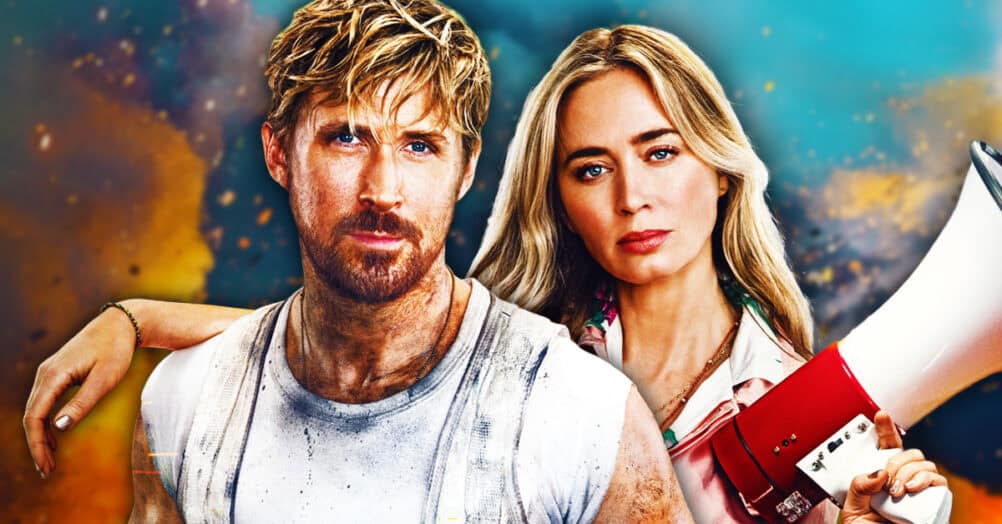

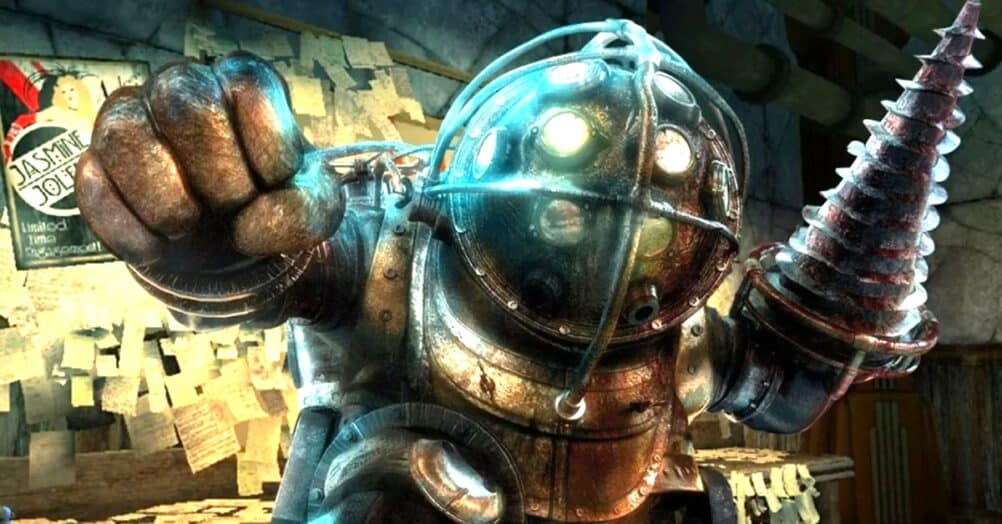
Follow the JOBLO MOVIE NETWORK
Follow us on YOUTUBE
Follow ARROW IN THE HEAD
Follow AITH on YOUTUBE